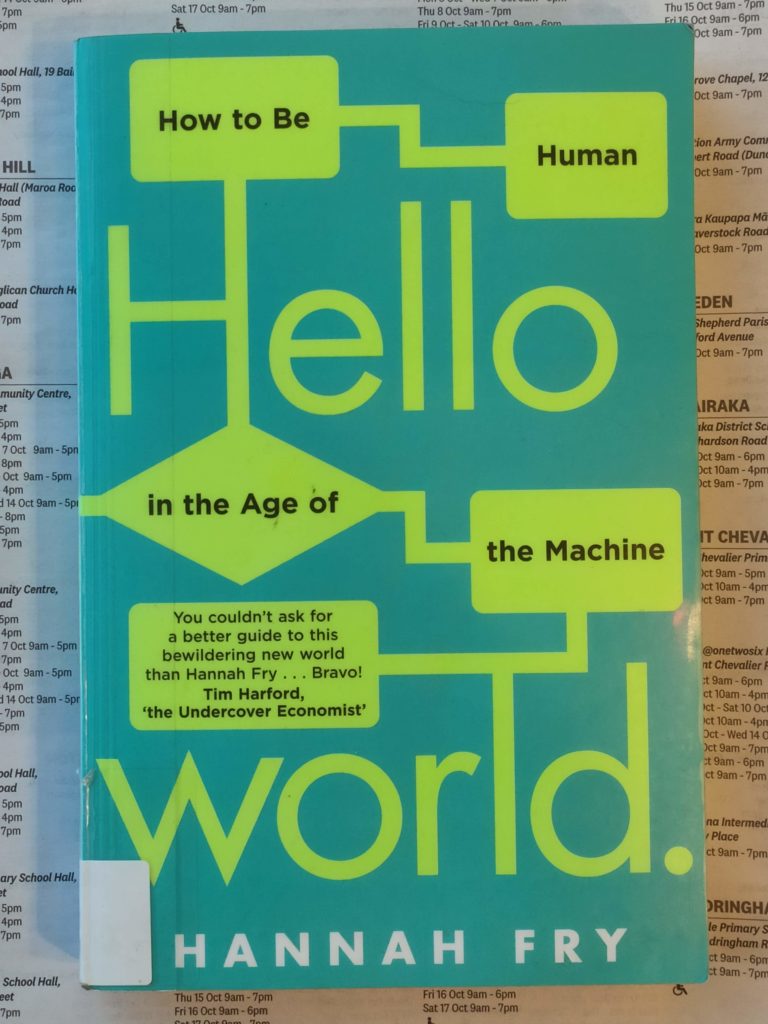There was an interesting exchange in the NZ Herald recently. The NZ Initiative, a conservative “think tank”, published a report basically saying that it is bad for governments to fund deficits by printing money. (I told you they were conservative.) The NZ Social Credit Association responded with a full-page ad in the NZ Herald setting out their view of Modern Monetary Theory and how it could work in practice.
Bryce Wilkinson, one of the senior NZ Initiative fellows, then published an opinion piece in the newspaper trying to discredit the Social Credit article. Shortly after that, Chris Leitch of the Social Credit Association published another response.
Continue reading →








